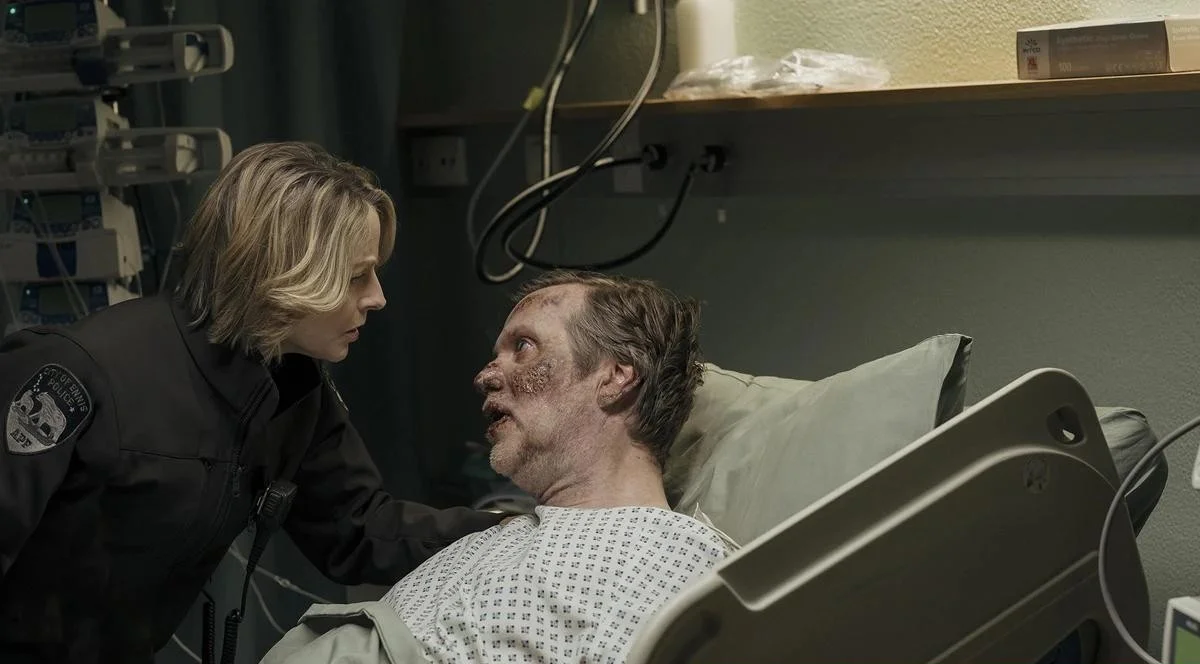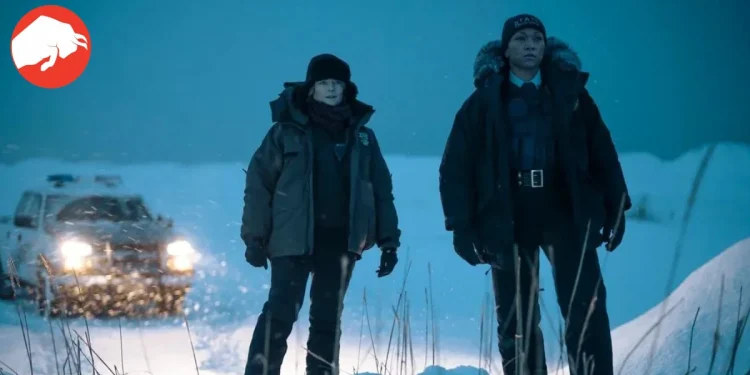The Unexpected Journey of “True Detective: Night Country”
When the latest installment of the “True Detective” series, “Night Country,” premiered, it brought with it a storm of anticipation and speculation. Given the show’s established reputation for deep, dark storytelling, expectations were sky-high. Initially, I believed “Night Country” would be the year’s first runaway hit. The viewership numbers seemed to support this, with live US viewership growing week to week. However, the narrative that unfolded in media coverage painted a starkly different picture.

The Battle Against Brand Expectations
Criticism of “Night Country” frequently circles back to comparisons with its predecessors, often focusing on differences rather than the show’s unique qualities. Phrases like “It’s way more supernatural than before” and “These detectives aren’t as good at their jobs” have dominated discussions, overshadowing the series’ merits. This constant reference to the past seasons has hindered “Night Country” from being evaluated on its own groundbreaking contributions to the franchise.
The Vision of Issa López
Issa López, the showrunner for “Night Country,” envisioned a murder mystery set in an Arctic backdrop, where the ordinary becomes uncanny. This concept predated her involvement with “True Detective,” indicating that the series became a vessel for an already compelling story. Yet, the attempt to integrate “Night Country” into the “True Detective” universe, including nods to season 1 characters, has been met with mixed reactions, often exacerbating the criticism instead of appeasing fans.
The Unique Brilliance of “Night Country”
Despite the backlash, “Night Country” boasts several standout elements that deserve recognition. The series benefits from the atmospheric use of its extreme setting and the exceptional performances of Jodie Foster and Kali Reis. Moreover, it tackles significant issues like the crisis of missing and murdered Indigenous women, weaving a heart-wrenching family drama with eerie, horror-infused sequences. These achievements demonstrate the series’ depth and the innovative direction López has taken.

The Misdirected Frustration and the IP Obsession
The core of the discontent seems misplaced. The decision to brand “Night Country” as part of the “True Detective” series stems from the industry’s obsession with intellectual property, not from a desire to undermine the original series. This focus on recognizable franchises often restricts storytelling, leaving both fans and creators in a difficult position. If “Night Country” had been released as a standalone project, much of the criticism it faces might have been avoided.
A Plea for Open Minds and a Shift in Focus
For fans clinging to the original tone and rules of “True Detective,” there’s an invitation to embrace the new ideas presented in “Night Country.” If the frustration must exist, it should be directed at the broader industry’s risk-averse strategies, not the creative efforts of López and her team. The series represents a missed opportunity for a fresh narrative to shine without the burden of legacy expectations.
“True Detective: Night Country” is more than its title suggests; it’s a bold exploration of new thematic and narrative territories. As viewers and critics alike navigate this latest installment, the hope remains that the series will be appreciated for what it is: a compelling addition to the television landscape, worthy of its place in the “True Detective” anthology.









